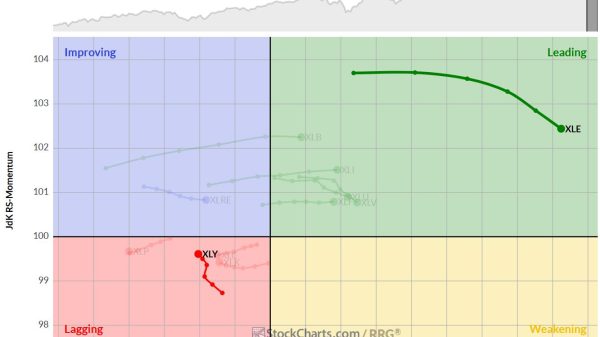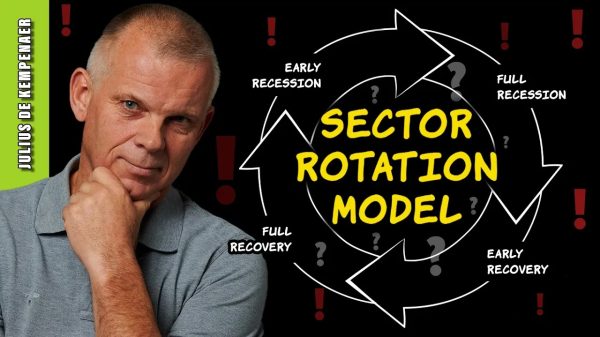Anyone who engages in business experiences transaction costs. Many of these costs are natural “frictions” in a world of imperfect knowledge, uncertainty, and scarcity. Governments, however, tend to multiply transaction costs artificially. Sometimes these artificial transaction costs are pure revenue grabs in the form of fees and taxes. Sometimes they are indirect subsidies or handouts to “accredited” groups or industries whose services are mandated. And sometimes they are simply artificial transaction costs that benefit no one in particular.
My recent sale of a house in New Jersey provides examples of all these different kinds of transaction costs. An inherent transaction cost of selling a property involves finding a buyer. It’s rarely as simple as posting the house for sale online. Besides staging the house and taking pictures, as well as making repairs or improvements, there is also the matter of showing it to interested parties. Then there is the negotiation of price and terms. None of these steps is rocket science, but they add up and tend to require particular skills and knowledge as well as time. And so we have professional realtors.
Yet just because professionals provide a valuable service doesn’t mean they can’t create extra transaction costs themselves. There was a landmark legal case decided earlier this year about anticompetitive practices among realtors. Like most professional associations, the National Association of Realtors (NAR) found a variety of ways to insulate their profession from competition while restricting new entry. NAR settled antitrust charges in court by paying hundreds of millions of dollars in damages and changing many of the restrictions on who can list properties, set realtor commissions, etc.
Despite certain anticompetitive impulses, realtors help reduce natural transaction costs. They also help reduce artificial transaction costs – which brings us to my story. Finding a buyer and negotiating an offer were only the first (and easiest) part of selling my house – though also the most expensive part. New Jersey also requires something called “attorney review” for all real estate transactions.
The attorney process is not terribly expensive relative to the transaction – just under two thousand dollars total. Then there is title insurance and title company costs. There are state taxes and document fees (~$4000). But then, in my area of New Jersey, the town has other requirements for the sale: a smoke inspection and a certificate of occupancy inspection.
For the smoke inspection, we had to have a smoke detector on every floor with a ten-year sealed battery – which meant buying and installing new detectors. They also required a fire extinguisher to be mounted in the kitchen. The certificate of occupancy (CO) inspection had their own list of requirements ranging from replacing flexible piping under a sink with solid piping (though my plumber told me that flexible pipe was allowed by code), replacing a missing patch of driveway with concrete, and, most infuriatingly, that there was too much brush and debris in the back yard and that I needed to have my tree and shrubs dramatically trimmed back.
Besides adding almost two grand in costs to fix as well as the headache of finding people to do the work, there were also additional transaction costs of extra bureaucratic inspections. One inspection was scheduled between 9 AM and 12 PM. I was told that they would just show up sometime in that window. And though taking my phone number and the phone number of my neighbor who agreed to be present during the entire time window, the inspectors who showed up only knocked on the door and then left without calling either of our numbers.
We then had to reschedule, which actually led to two different appointments because there were two different inspectors with different schedules. Although we ultimately passed the final CO inspection, the town had to generate a document and send it to the attorneys – which required us to delay closing by almost two weeks.
These transaction costs hurt buyers and sellers. Sellers see fewer dollars from their sales while dealing with time-consuming headaches. Buyers see higher home prices. While some of these dollars make their way into government coffers, and even more into various services and industries (lawyers, plumbers, landscapers, etc.) much of the cost is deadweight – benefiting no one.
The closing ALTA document is complicated because there are all kinds of credits and debits regarding insurance, electricity, sewer, prepaid interest for the month, town taxes, etc. But looking at it, the buyer paid over $6000 in fees for title, lawyer, and survey services – not counting financing fees which were thousands of dollars.
At the end of the day, the transaction costs came to almost 10 percent of the sale. That is to say, the money I received was 10 percent less than the money the buyer brought to the transaction.
And all this was simply to sell an existing habitable house without any major construction or additions. New building has a host of other transaction costs from permitting to environmental impact studies to zoning restrictions to utility hook-ups, and more. Permitting and inspections add billions of dollars annually in explicit monetary costs to residential building projects. Delays add billions more in cost.
Local building codes and permits can easily be influenced by professional associations of plumbers and electricians. In the name of higher quality and greater safety, these associations will push for more restrictive rules about who is allowed to do work and what kinds of methods and materials may be used. But as Milton Friedman famously said: “There Ain’t No Such Thing As A Free Lunch.”
Often these rules seem reasonable on the surface – safety, standardization, orderliness, and the like, but they make it more expensive to build housing. They impose quality improvements at the expense of affordability. Americans need to ask themselves whether the higher prices are worth the “peace of mind” provided by all these requirements.

































